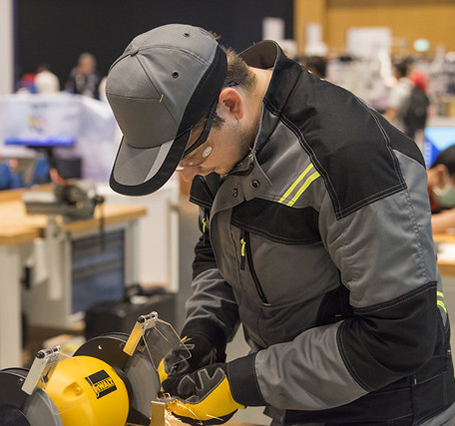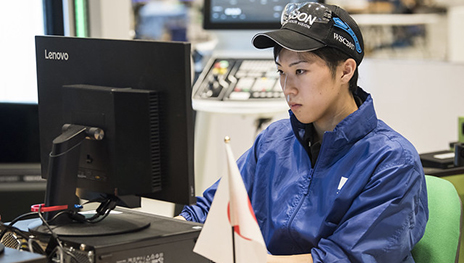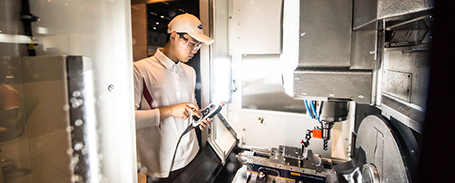Plastic Die Engineering
Plastic die engineers design and create plastic moulds from designer drawings for mass produced products of high quality and low cost. Professionals in this field are a crucial link in the manufacturing chain of products that range from cars, phones, home appliances, medical equipment, and anything that requires plastic.
Plastic die engineers need high levels of skill in numeracy, hand and machining skills, polishing, assembling, testing, and troubleshooting. They must have good mechanical aptitude in order to develop the plastics parts, know how to use computer assisted machining systems and have thorough knowledge of the properties of plastic and of the processes that occur. Practitioners also must be imaginative and creative in order to be able to solve any problems that might arise. In addition, plastic die engineers should have good communications skills to interact with various engineers, chemists, supervisors, designers, estimators, and other technicians.
Employment of plastic die engineers is projected to grow in the upcoming years. With improvements in technologies, such as CNC machine tools, autoloaders, high-speed machining, and lights-out manufacturing, machinists will still be required to set up, monitor, and maintain these systems.
Competitors and results

Vladislav Rozov
726

Vitor Galdino
720

Senrui Lu
703

Mochammad Hafid Miftah Fauzi
701

CHEN-HAO KAO
701


















